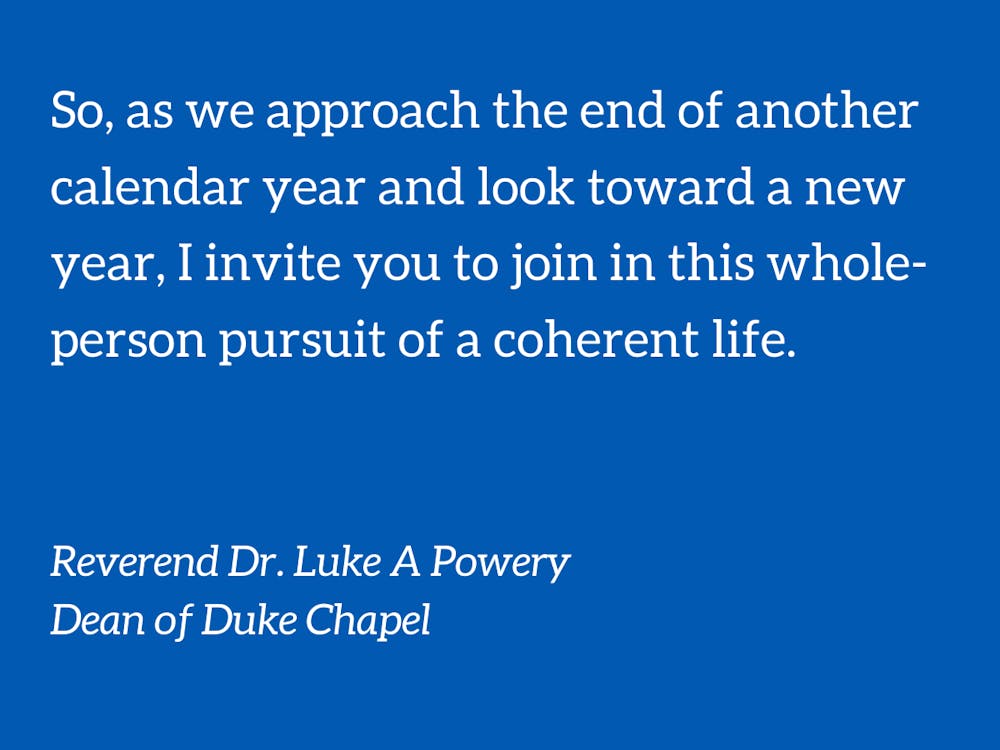When I was on the faculty at Princeton Theological Seminary, I used to teach a course called “Speech Communication in Ministry.” It was a class that helped first-year seminary students with public presentations. Students would work on vocal, eye and hand gestures while presenting various literary forms. I’d draw on the oral interpretation of literature in which the aim is congruency or matching what one says with how you say it. For instance, how could someone say, “I despise you” with a smile? In that case, the words and the embodiment of those words would not match and would break up the communicative event and perhaps cause confusion.
The same issue can arise more broadly in our lives: When our words and actions don’t match, there can be confusion and an obvious incongruency and incoherency. Does our public life match our private one? What’s the point if we succeed in public and fail in private or our lives deny what we say with our lips? As Adam Clarke says, “How many are as meek as lambs among others, when at home they are wasps or tigers?”
We can see what happens when people say one thing and their actions say another. All of the ethical scandals at corporations, colleges and even religious institutions have made people suspicious of leadership and those in authority because the mighty have fallen over and over again, regardless of the pious promises made. As Maya Angelou, who spoke in Duke Chapel for over 20 years to first-year Duke students at Orientation, once said, “When people show you who they are, believe them.”
In contrast to this lack of coherence among all the aspects of our lives is what an ancient psalm text calls “integrity of heart.” It means one lives a consistent, coherent, whole life as one person, the same person, wherever we are—in the board room, the court room, the locker room, the living room, even at Rooms To Go. It’s a life that is one, non-bifurcated.
As Saint Augustine teaches in "De Doctrina Christiana," your life can be an eloquent speech, one of delight, beauty, and even poetry. It’s a life in which lip service aligns with life service. A congruent, consistent individual is a person for whom what she says matches what she does because of who she is.
This may all seem so idealistic and passé, but we surely need integrity, coherence, right now in this nation—in our government, corporations, schools, health systems, religious institutions and more. We need, using the words of retired Duke colleague and friend, Professor Rick Lischer, “truer characters.”
In fact, character and integrity have actually made a resurgence back into university life and lexicons. There are character labs, character coaches and centers for leadership and character. Schools are discovering that students may be gaining skills and knowledge in various fields and becoming better chemists or public policy makers or lawyers, but they may not be becoming better human beings. Universities are once again realizing that it is no longer about the intellect alone or how much I know in my head, education is about my whole life and who I am in the world and at home as a human being, both in public and private. University education should be about the whole person, seeking coherence. Even Duke has made this turn to wholeness with its “Purpose Project” initiative.
So, as we approach the end of another calendar year and look toward a new year, I invite you to join in this whole-person pursuit of a coherent life. For me, I have been challenged in this direction by a quote looping in the playlist of my mind from the Rev. Dr. Martin Luther King, Jr.: “It is possible to affirm the existence of God with your lips and deny his existence with your life.”
As we turn our gaze toward a new year, ponder these holy and haunting words of words of Dr. King and check that your life is showing what your lips are saying.
Get The Chronicle straight to your inbox
Signup for our weekly newsletter. Cancel at any time.

